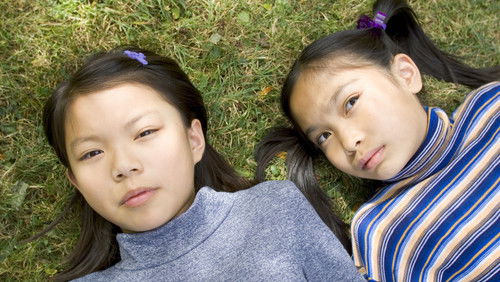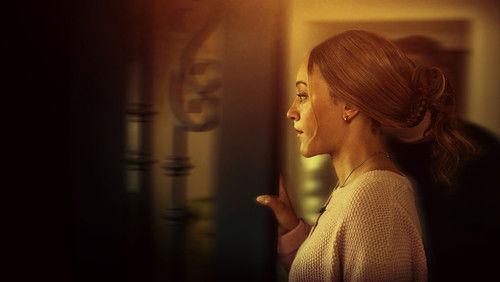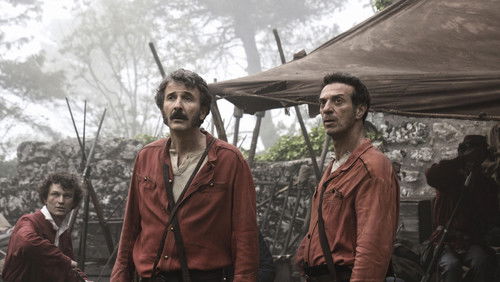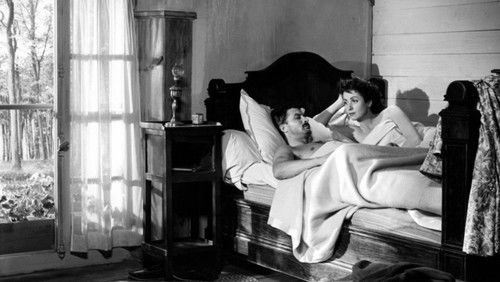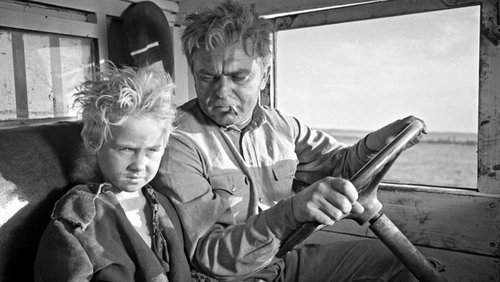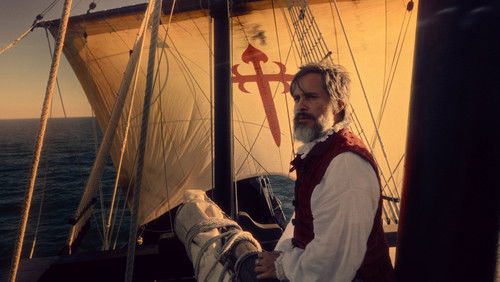Commandos Strike at Dawn (1942)
56KCommandos Strike at Dawn: Directed by John Farrow. With Paul Muni, Anna Lee, Lillian Gish, Cedric Hardwicke. A gentle widower, enraged at Nazi atrocities against his peaceful Norwegian fishing village, escapes to Britain and returns leading a commando force against the oppressors.
“u0026quot;Commandos Strike at Dawn,u0026quot; from 1942, is another propaganda that demonstrates the spirit of the Norwegians and their commitment to resistance. This one is directed by John Farrow, with a screenplay by a man whose name would become synonymous with long novels, Irwin Shaw, and stars Paul Muni, Anna Lee, Lillian Gish, Cedric Hardwicke, Alexander Knox, George MacCready, Ann Carter, Rosemary DeCamp, and Ray Collins.u003cbr/u003eu003cbr/u003eBased on a story by C.S. Forester, u0026quot;Commandos Strike at Dawnu0026quot; tells the story of more victims of Quisling, citizens of a small town that is taken over by the Nazis. After Eric Toresen (Muni) sees a friend murdered and another one (Collins) severely beaten, he gets some of the townspeople to form a resistance group. When he realizes that the Germans are preparing for a huge air strike against England, he is determined to get the information to the right people in England and join the fight.u003cbr/u003eu003cbr/u003eVery good film, if a little slow in spots. Muni gives an excellent performance as the bold Toreson, and Ray Collins, Lt. Tragg of Perry Mason, is cast against type as one who vocally opposes the Nazis, and he is very good. This was probably his favorite role, as itu0026#39;s so different from his standard tough cop or crooked politician role. Lillian Gish doesnu0026#39;t have much to do, sadly, as his wife. Neither does Anna Lee, as the daughter of a British military man (Hardwicke) who falls for Muni.u003cbr/u003eu003cbr/u003eSomeone commenting here said that this film, and probably by inference, Edge of Darkness, exaggerates the role of the underground in Europe, that most Europeans were passive during the war, afraid of reprisal. That may have been true in some areas – Germany most definitely – but that was not true in France and Norway, both of which had formidable resistance movements. Some people donu0026#39;t like bullies.”

